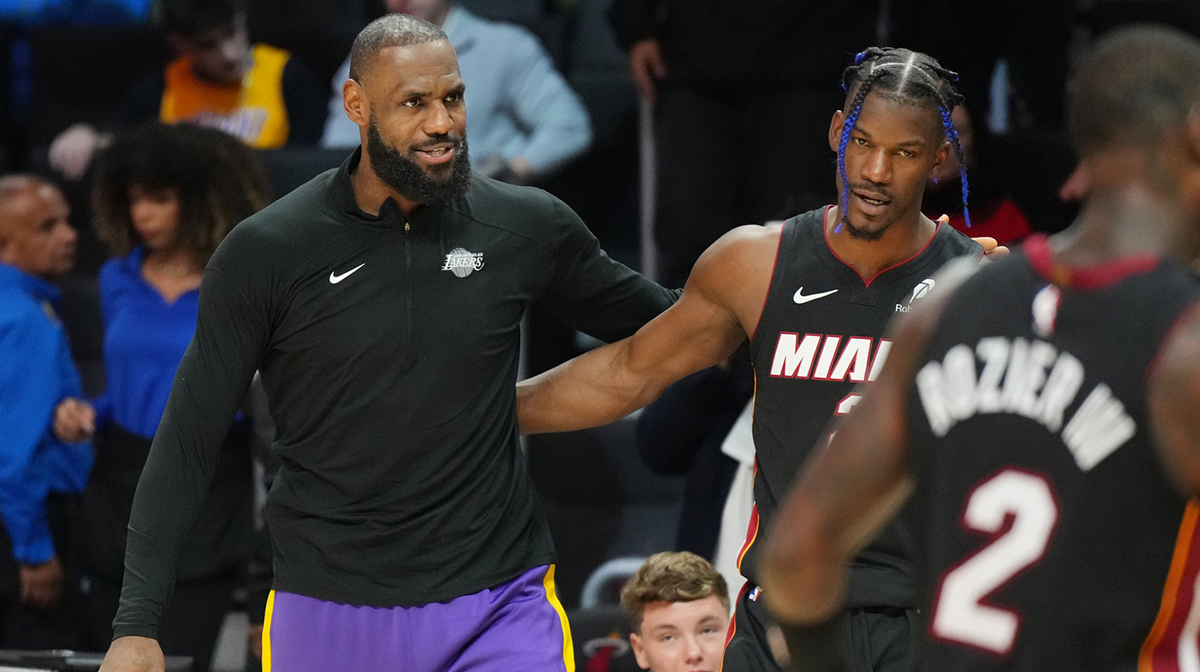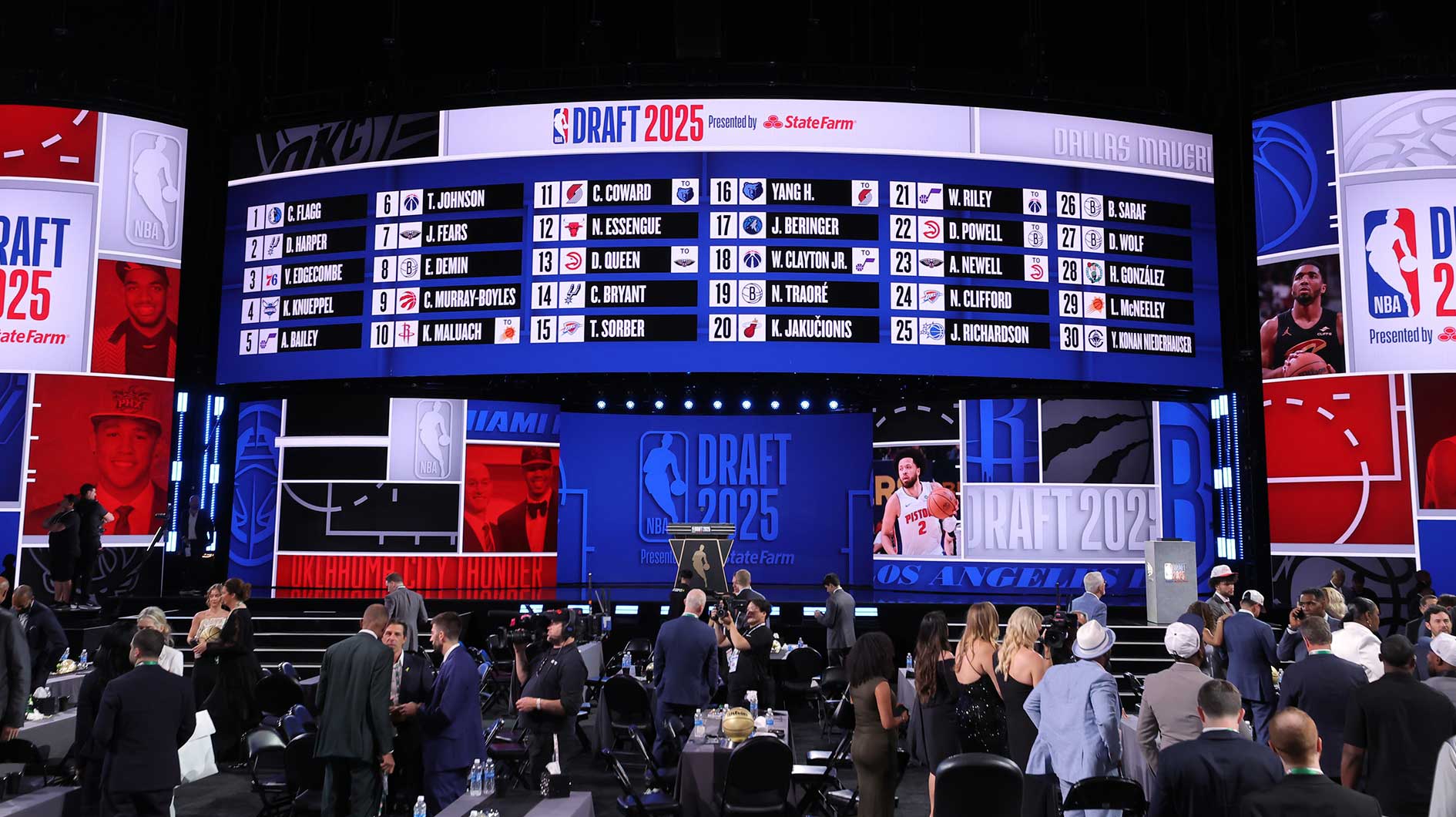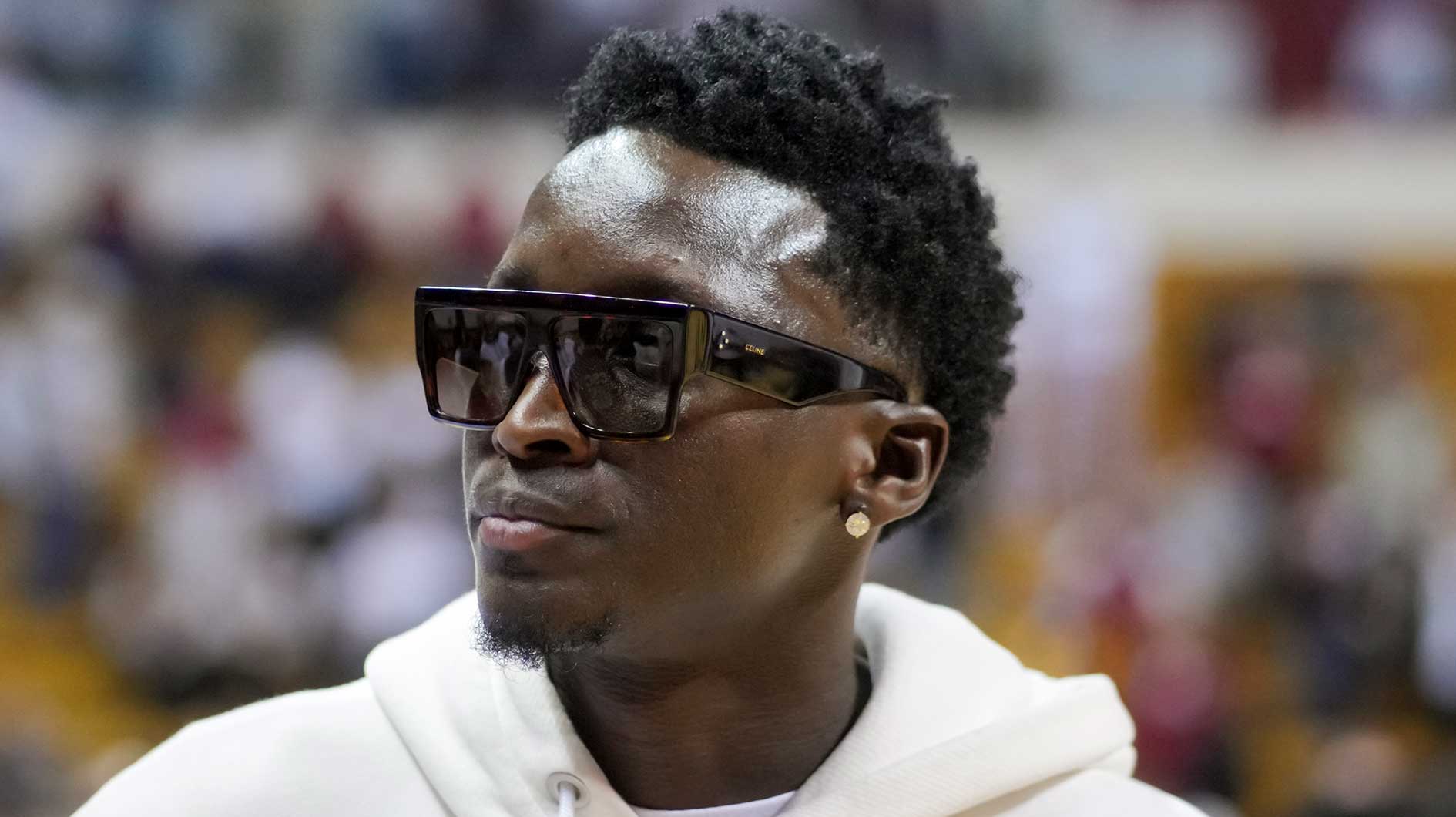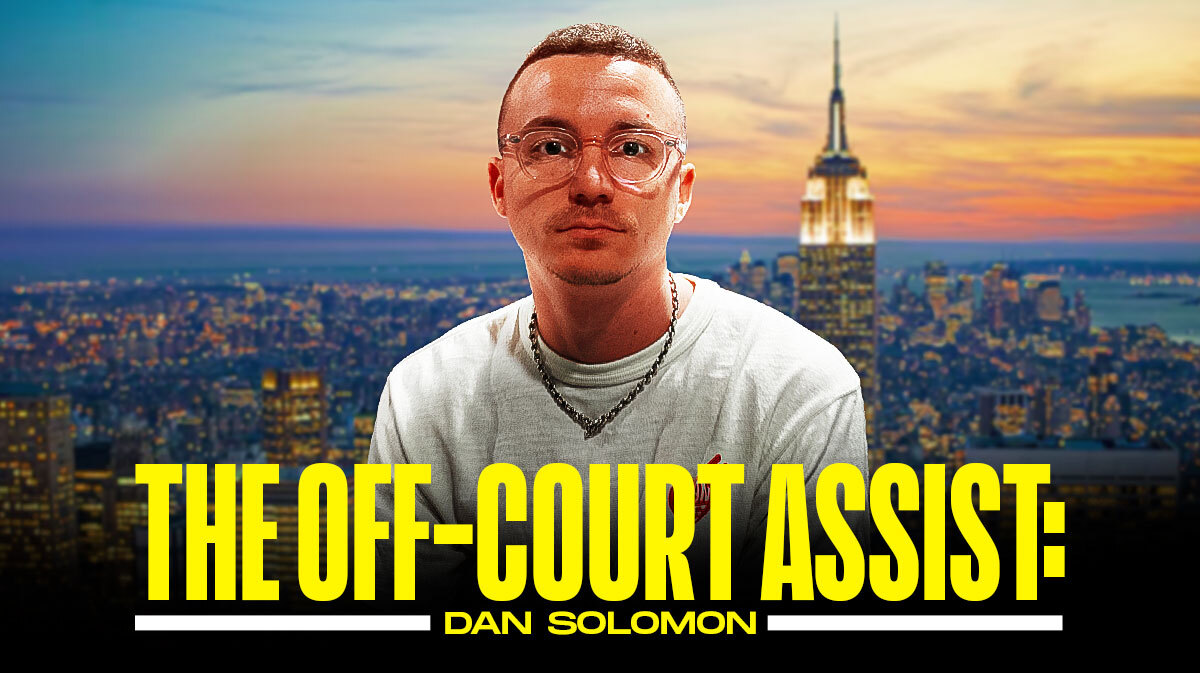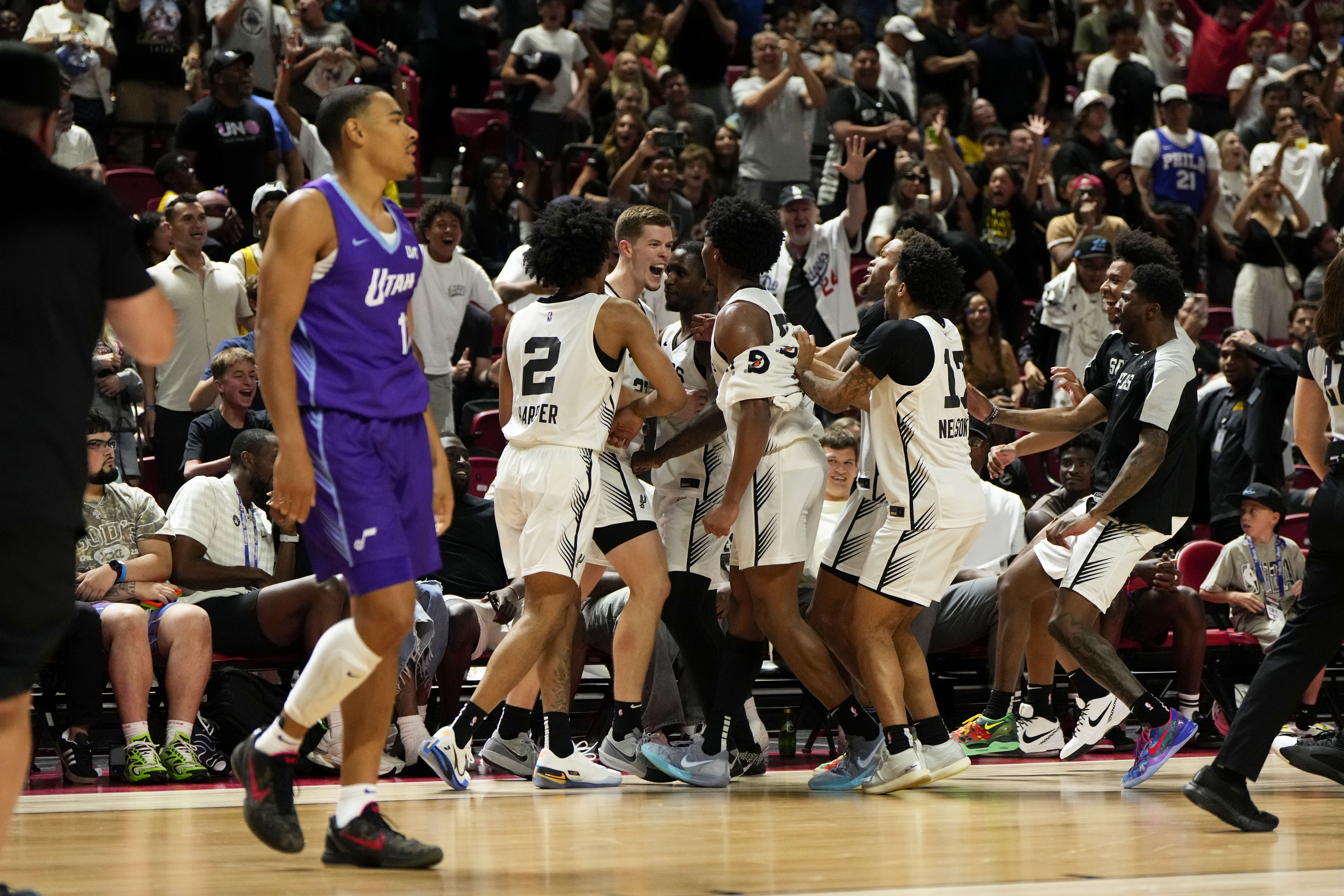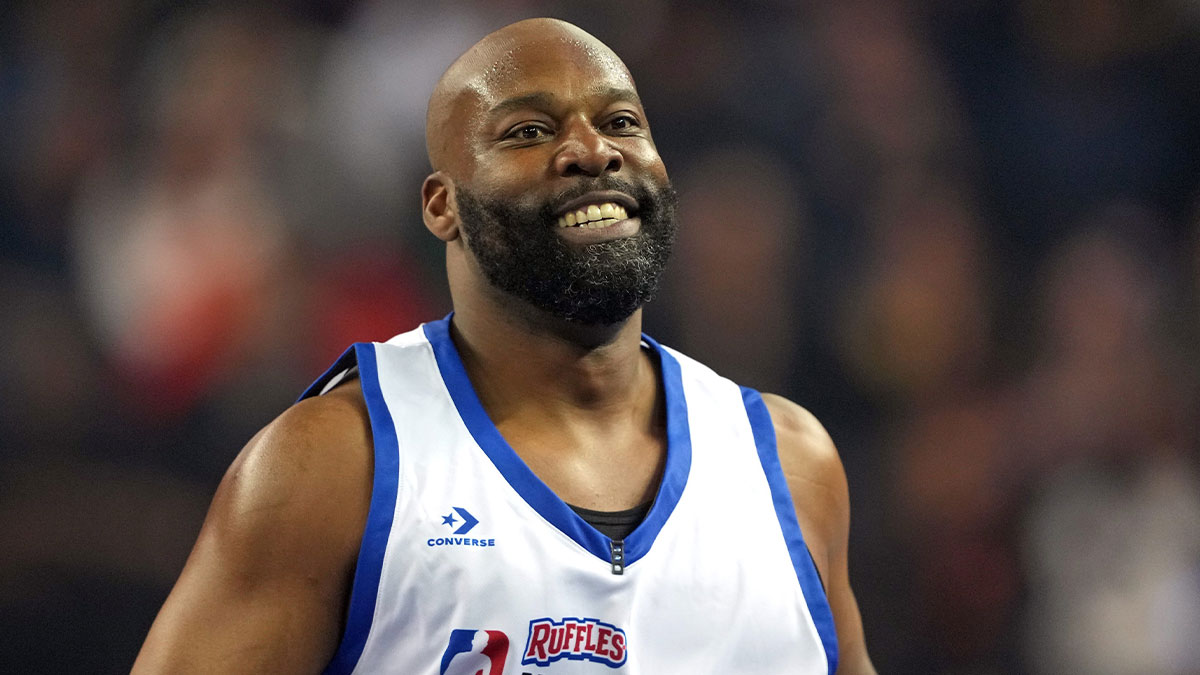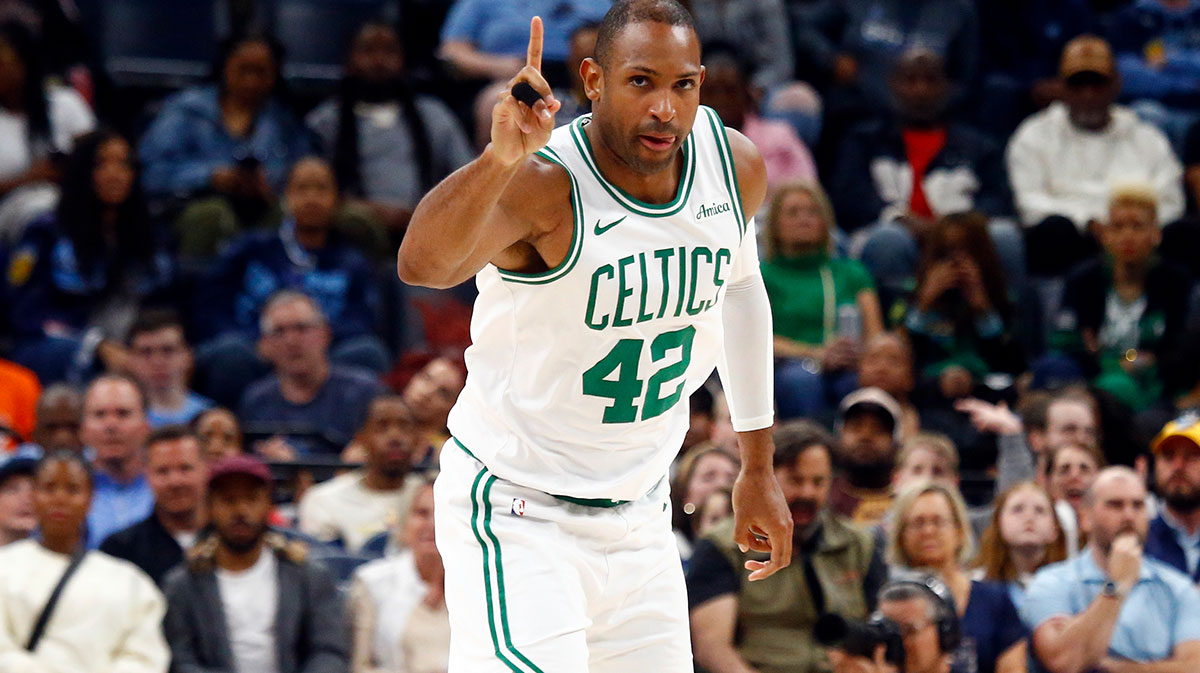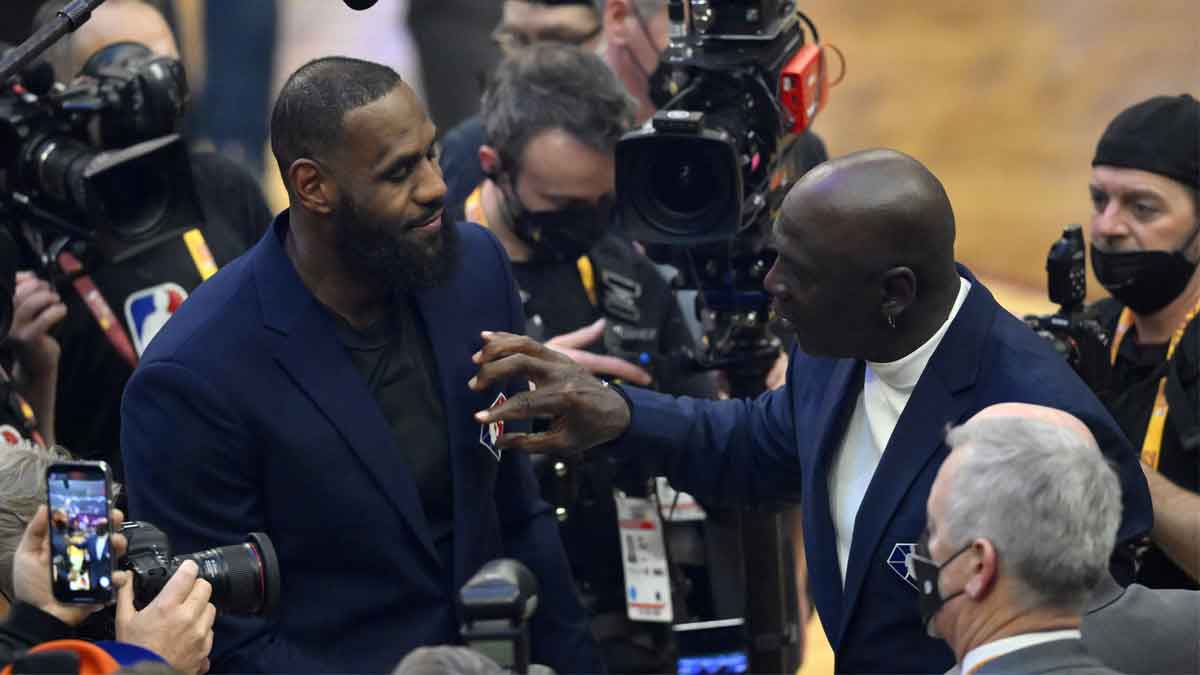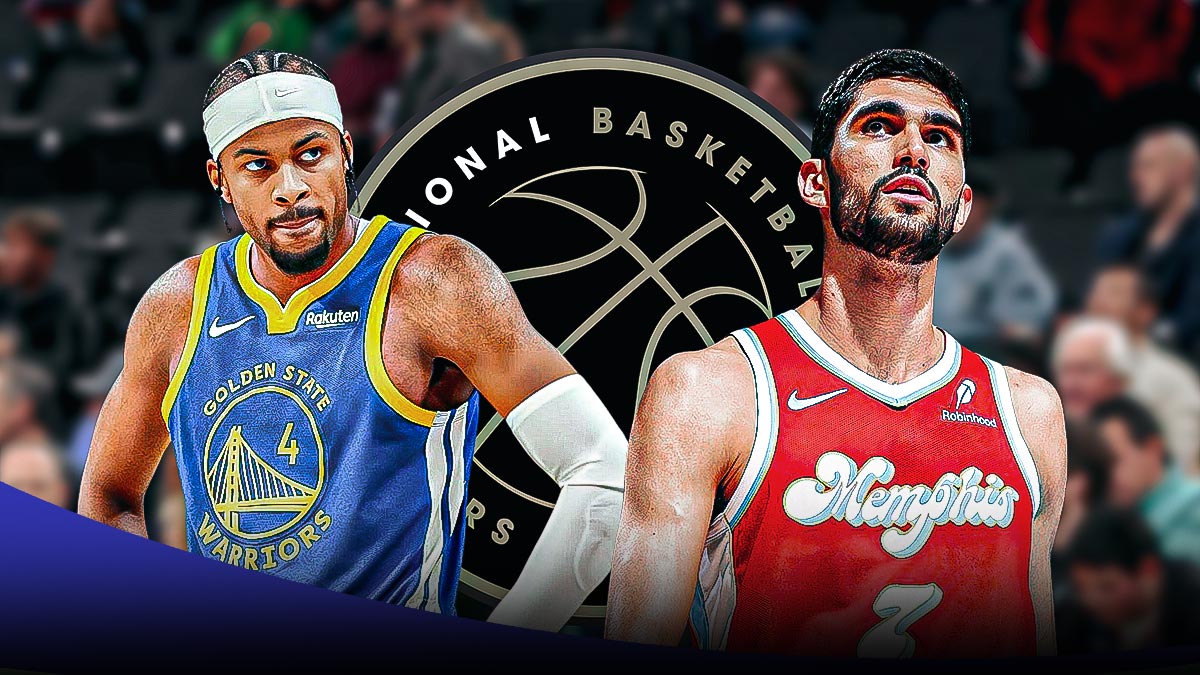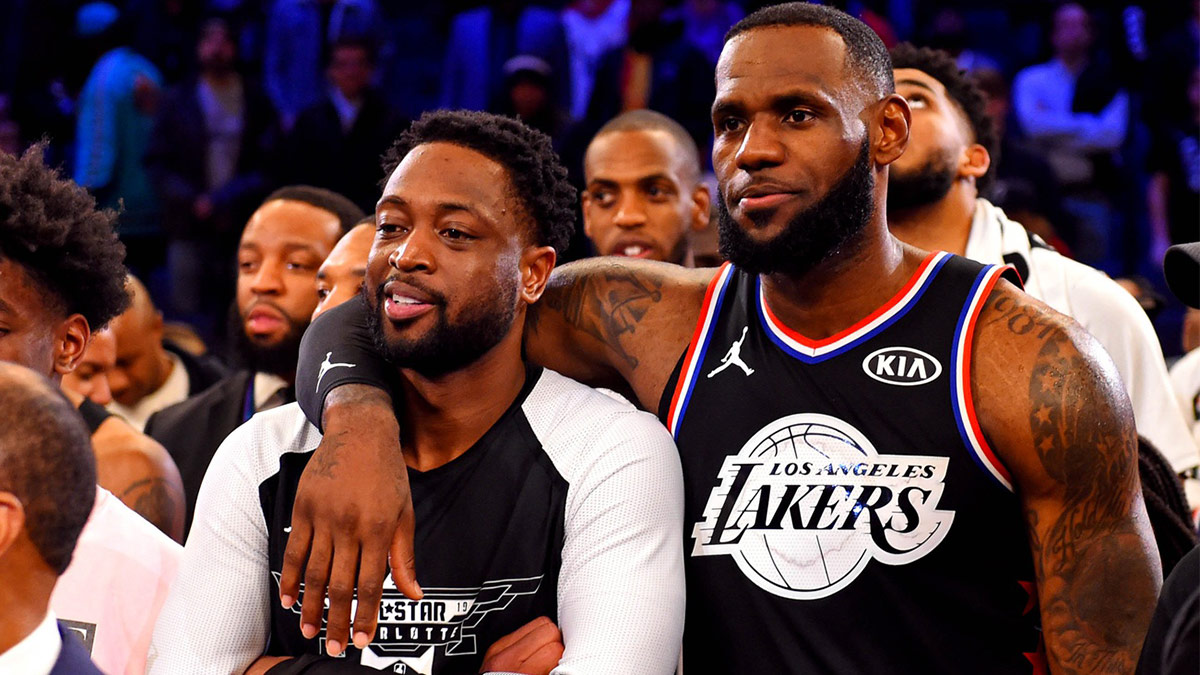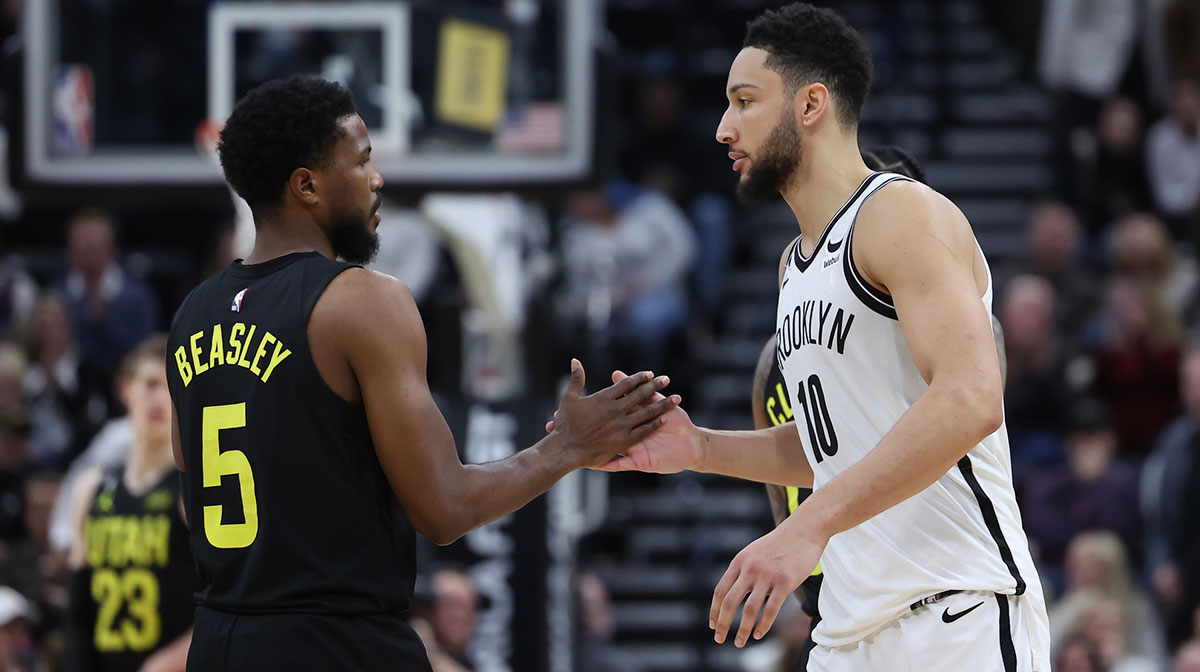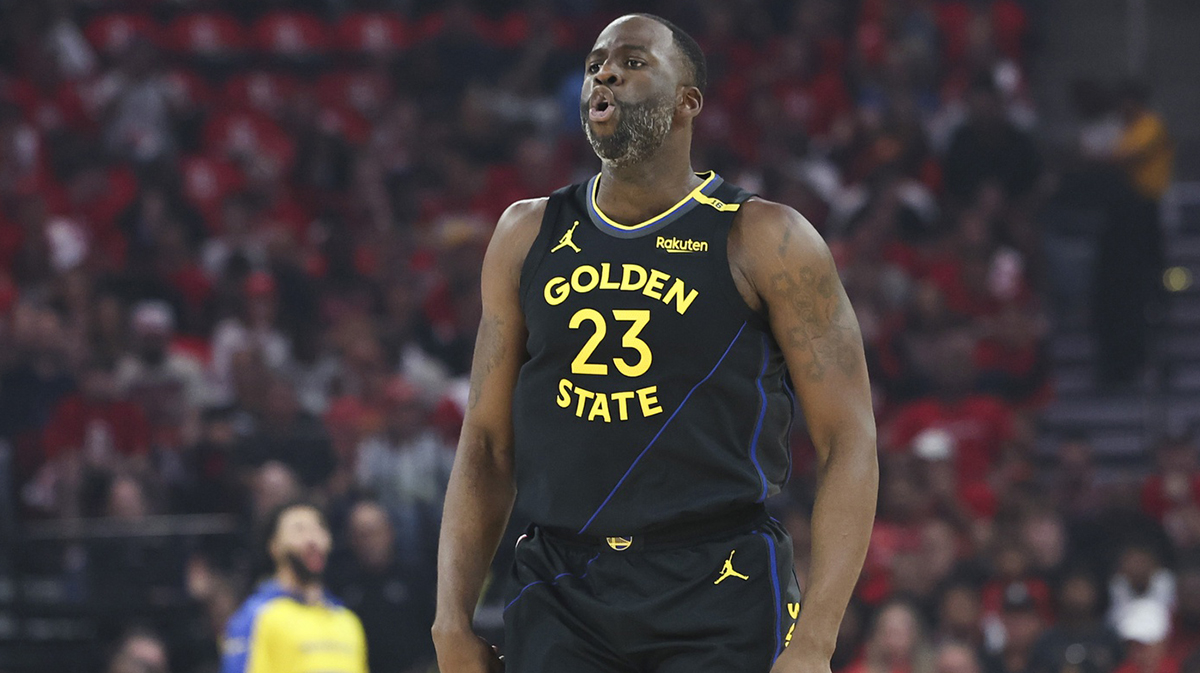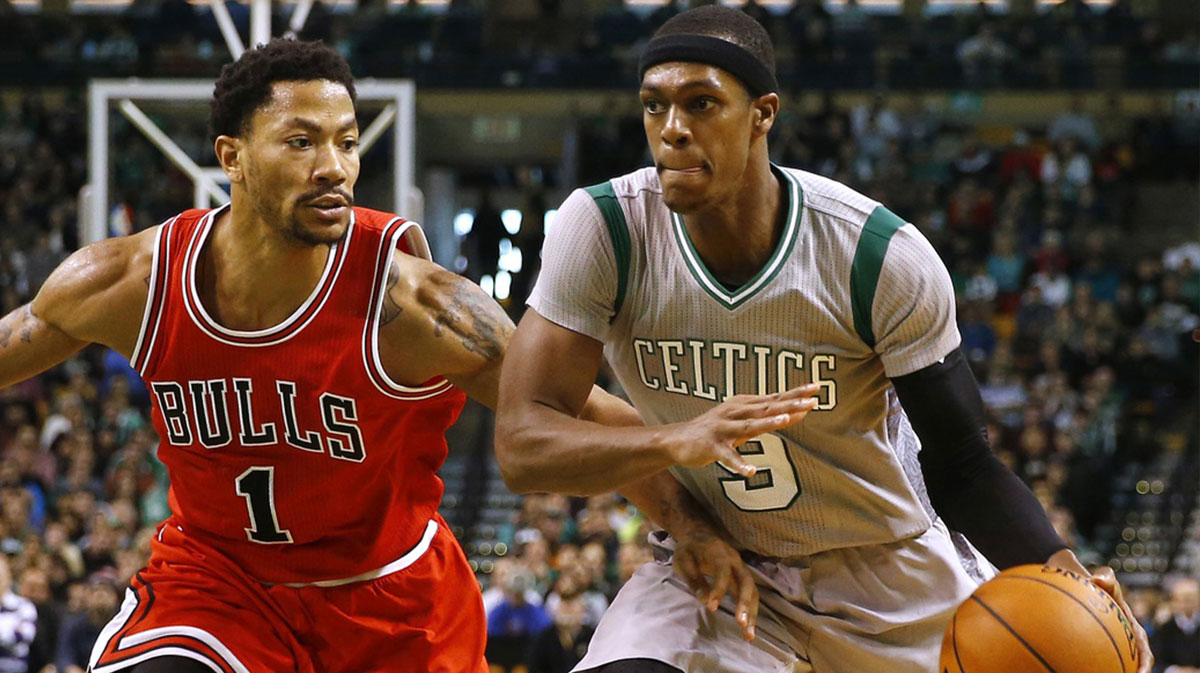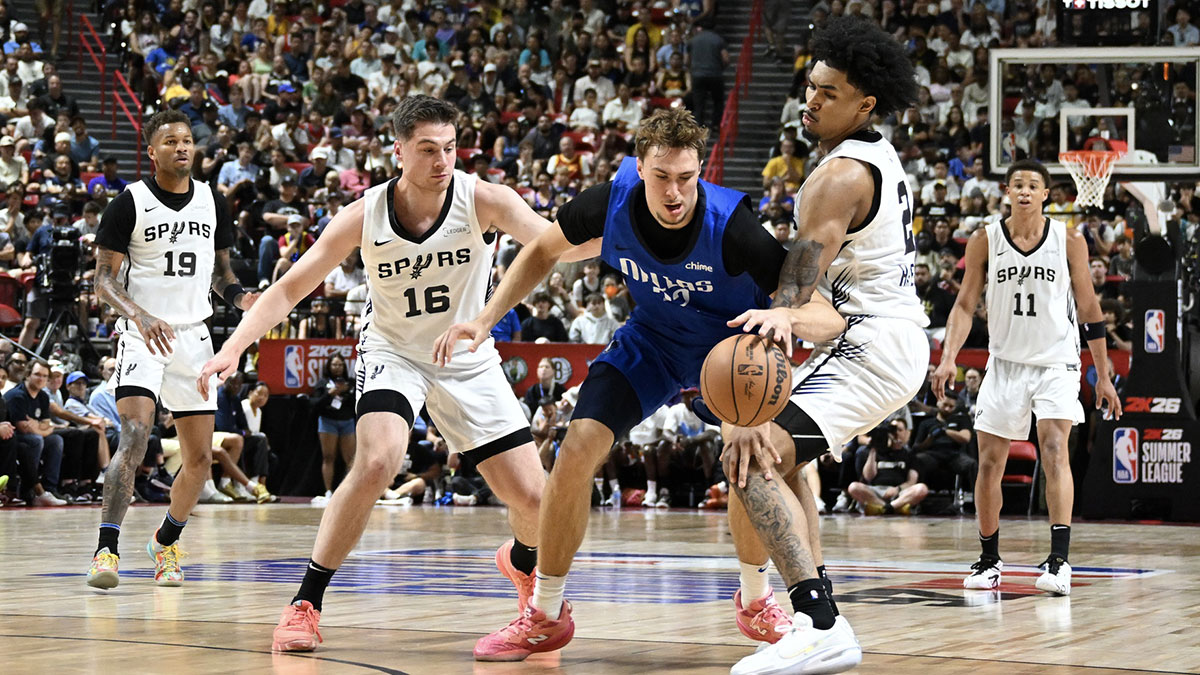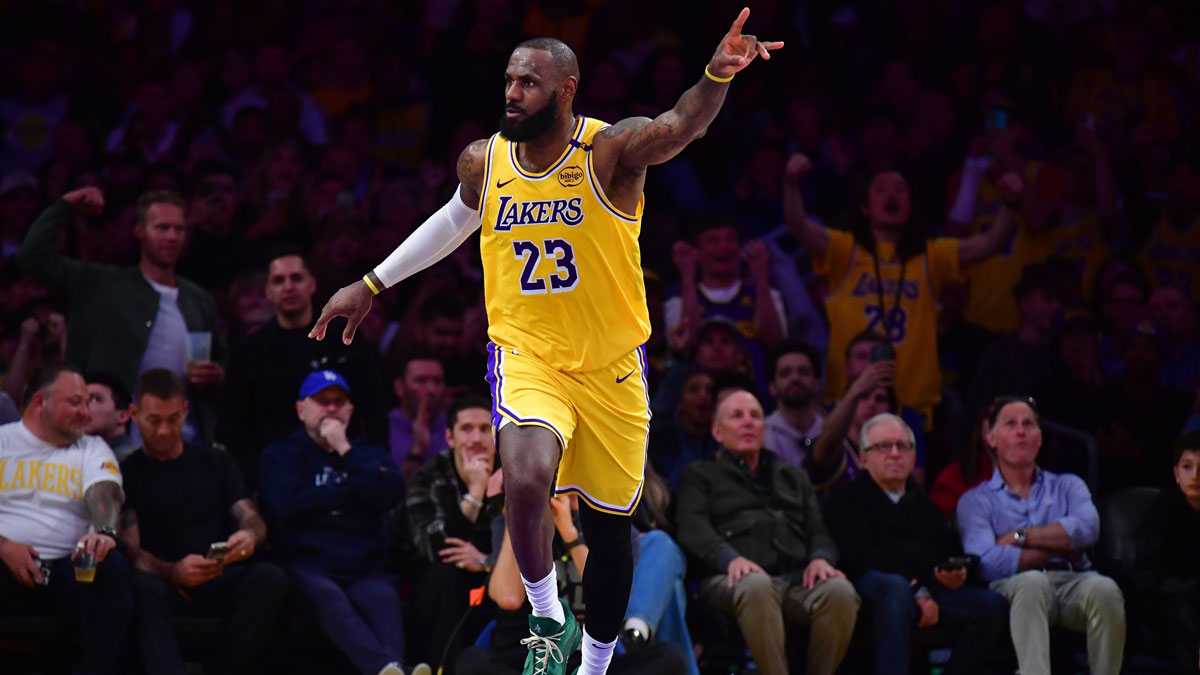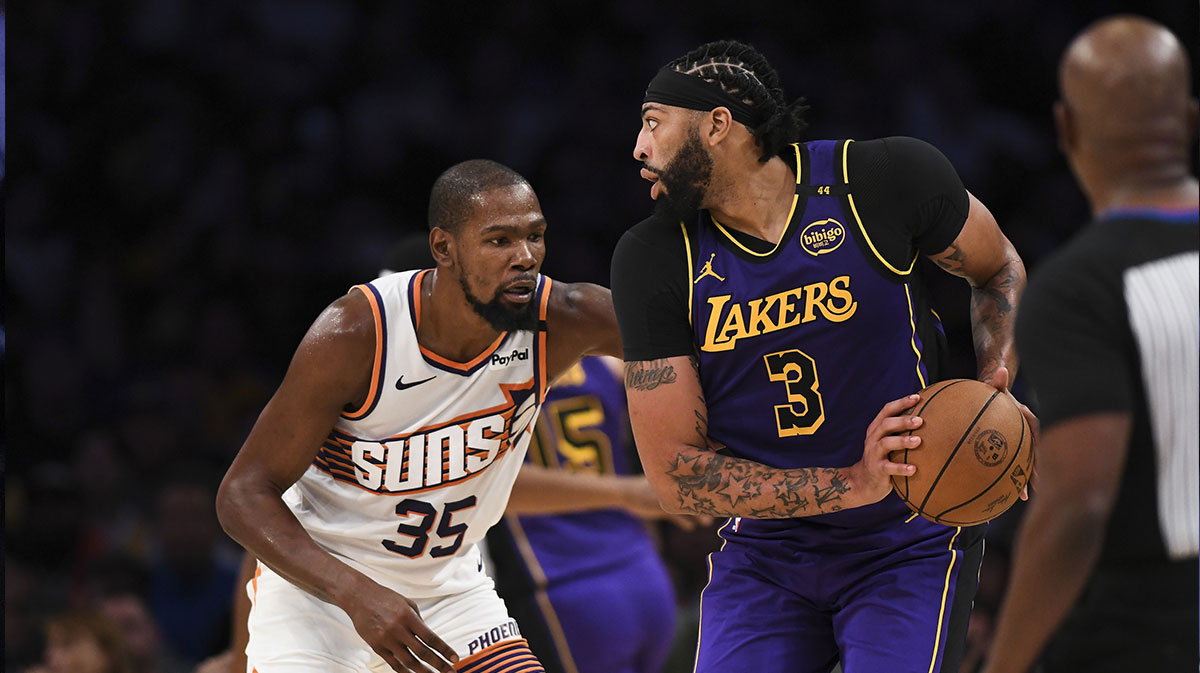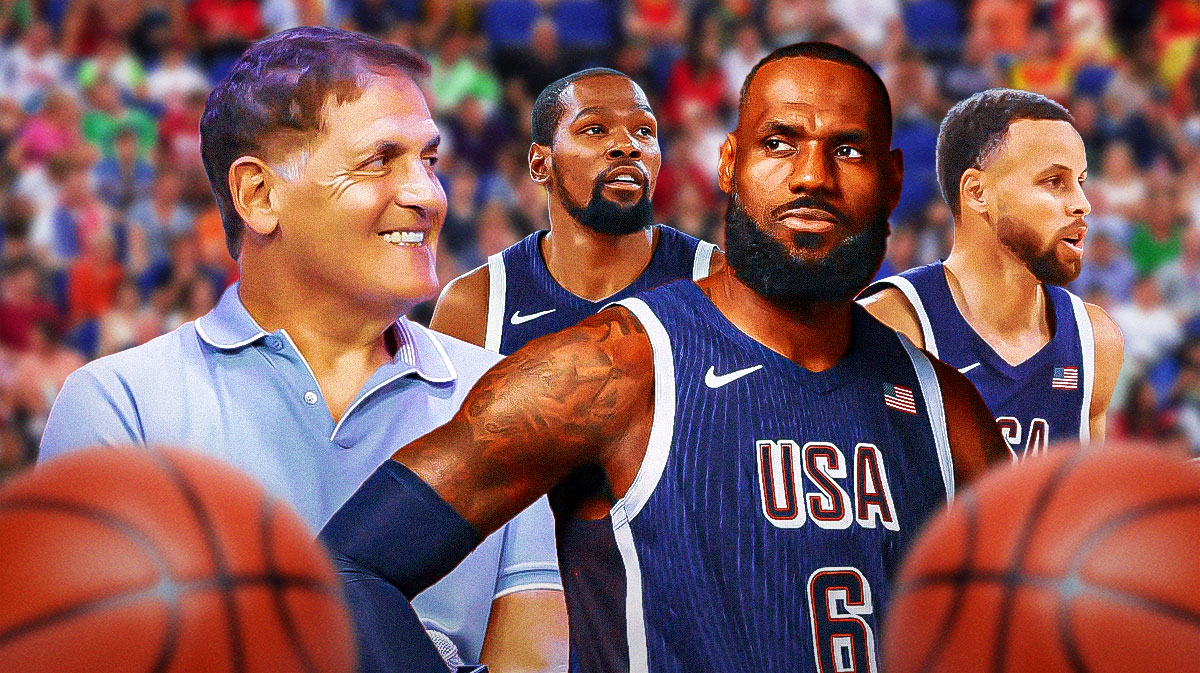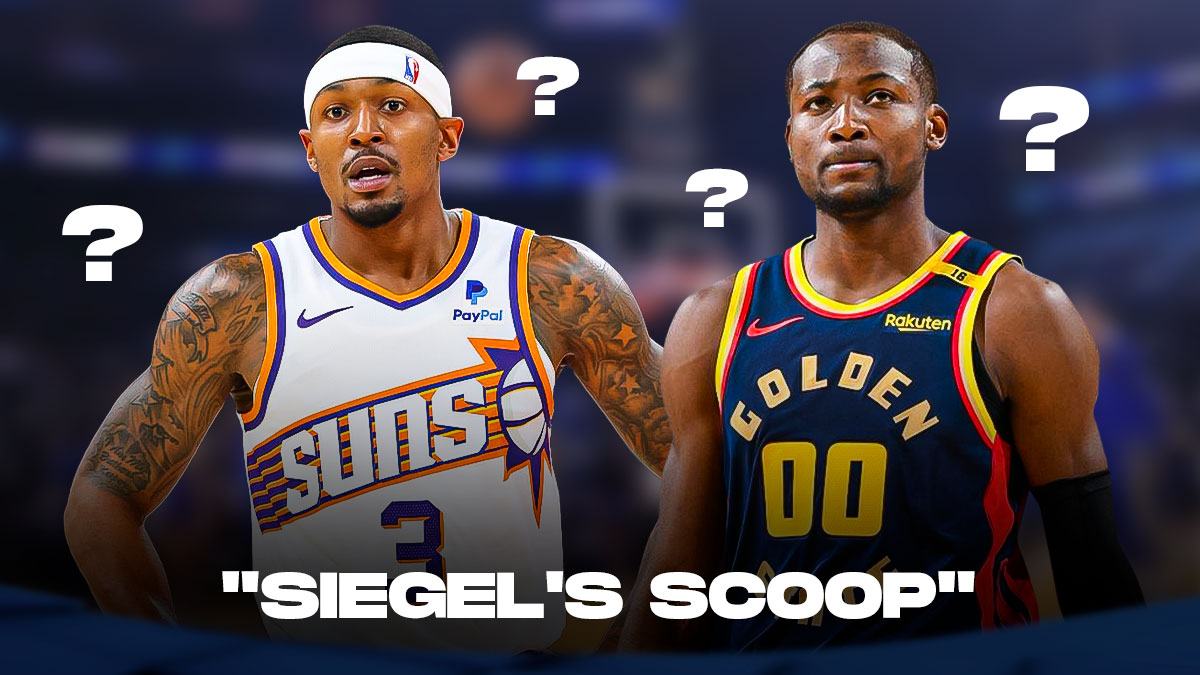LAS VEGAS – In today's age of social media, the NBA's top players are used to taking punches from fans. At this point, it's pretty much a part of the discussion and discourse that makes the NBA as popular as it is. No one in the NBA, however, takes punches from everyone like the league's officiating crews. Former NBA star Richard Jefferson got a taste of that at NBA Summer League with the help of Monty McCutchen.
Along with the Senior Vice President Head of Referee Development and Training in McCutchen, Jefferson and the NBA came to an agreement during the league's summer tournament, allowing the 17-year veteran and current ESPN NBA analyst to officiate the second quarter of the Portland Trail Blazers-New York Knicks matchup. The idea seemingly came out of the blue, with the league's social media accounts announcing that Jefferson would be suiting up as a referee. Richard Jefferson had been preparing for it for well over a week.
“It was an amazing experience,” Jefferson told ClutchPoints. “What I learned in these five or six days of going to class and getting to know them, it's about their mindset.”
Richard Jefferson's first call of the night was an out-of-bounds call with 9:11 remaining in the second quarter. The call was met with frustration from the Knicks bench and boos from their fans.
. @Rjeff24’s first call as an NBA official gets met with HEAVY boo’s 😂 pic.twitter.com/xNnWJExHZx
— ClutchPoints (@ClutchPoints) July 12, 2022
The call was overturned by a fellow official who had a better angle at it, but Jefferson says he was actually correct on the call. The issue was he didn't exude enough confidence in his call to make it definitive.
“Apparently, upon review I was correct,” Jefferson claimed after his second quarter officiating stint. “But that's part of learning how to be a referee is being confident in your calls, being demonstrative. I was like, ‘oh, it's the right call,' and then there was all this hoopla and everybody arguing, which is gonna happen.
“I might've had the call right, but I wasn't demonstrative with it, I wasn't confident with it and just to see how Monty and this entire crew, they teach these guys and the men and women that are being referees how to be intense, how to be locked in on the moment, all the little things, eyesight. There's so many intricacies that you guys couldn't even believe if we even started on it.”
Monty McCutchen loved the call and expressed his appreciation for the fearlessness it took from Jefferson to officiate a basketball game under a training program far more brief than what NBA officials usually go through.
“It was a good loose ball foul,” McCutchen said. “He didn't quite give the signal we would've loved to see, but that's alright. For Richard to have the courage to go out and do this and put himself out there in a way that really exposed him in a vulnerable way showed an enormous amount of courage to do that.”
Jefferson called the entire, 10-minute second period. Some of his key moments featured the out-of-bounds call, a missed three-point attempt signal, a shooting foul call from the hash mark near center-court, and being the under-the-basket free-throw passer while waving to the crowd.
Richard Jefferson receives an ovation every time he bounces the ball to the player at the free throw line 😂
(via @TomerAzarly) pic.twitter.com/0N0fLTPbxC
— ClutchPoints (@ClutchPoints) July 12, 2022
McCutchen wasn't a big fan of Jefferson acknowledging the crowd, joking that he'll likely have a fine coming his way.
“We even saw Rich wave at [Knicks fans] one time. I probably wouldn't allow that had he pursued a refereeing career, but we'll allow it… He approached it in a manner that was serious to the integrity of the game while still allowing his own personhood to come through in a meaningful way.”
“We even saw Rich wave at them one time. I probably wouldn't allow that had he pursued a refereeing career, but we'll allow it… He approached it in a manner that was serious to the integrity of the game.”
Monty McCutchen on @Rjeff24’s refereeing debut. pic.twitter.com/4VU8fT40Li
— ClutchPoints (@ClutchPoints) July 12, 2022
As the game went on, Richard Jefferson became more visibly comfortable as an official. He started taking more an initiative on a few calls, corrected his on-court location to get proper angles, and remembered his signals.
“I know for a fact his head was spinning with all the learning that he took on this week,” McCutchen added. “It's brain overload, and you could see that. You could tell he was thinking, and we would've liked to see him run from trail to lead a little faster, but those are all things that happen the first time out. You get overloaded, you then feel the responsibility of being a decision maker up against both teams that are working really hard to earn their own jobs, coach to their own jobs. All of this is taking place, you feel all this pressure, and suddenly you get paralysis by overanalysis. And that happened to Rich a little, but the more he was out there, he had his first call. Then he had another call. And you could tell he was getting more incrementally comfortable as each minute went by.”
Referees in general, but especially at the NBA level, have to take a lot of punches from fans on social media, players and coaches, as well as the occasional judgements from broadcasting crews.
There's almost never a game that goes by where fans don't complain about a non-whistle or players don't get technical fouls arguing over a whistle.
https://youtu.be/3v4wRaYHIA8
Most referees don't get heckled and trash-talked by name. Jefferson, who has had his bouts with Knicks fans in the past, was hearing all of it and then some during his officiating debut. That's why he chose to do this in the first place: to understand the positions referees are being put in and use his platform to provide an appreciation for how difficult their job really is.
“Part of the reason why I agreed to do it is because I have such a tremendous amount of respect for the officials,” Richard Jefferson explained. “I understand how important they are to our game. I got texts from Monty McCutchen, I got texts from Bob Delaney, I was getting texts from Scott Foster, Zach Zarba because I have relationships with these guys because I respect what they do and their craft. For me to get the opportunity to come out here and just run around a little bit and learn, it's tough.”
“I have such a tremendous amount of respect for the officials. I understand how important they are to our game… Anybody that once criticized the officials, just go referee a high school game first.”@Rjeff24 after his officiating debut.
(via @TomerAzarly) pic.twitter.com/LDxSGCuOZc
— ClutchPoints (@ClutchPoints) July 12, 2022
Richard Jefferson's appearance certainly gave fans and media members a different look at officials. It's unclear whether Jefferson and the National Basketball Referees Association will pursue something similar next Summer League.
Monty McCutchen was very clear on his intentions for what the league tried at Summer League.
“We'd have to see where the value of that for Richard was and for us even. We want to make sure that this is an educational piece for our fans through Richard's eyes. We don't want to turn it into something that is a gimmick or we're trying to gain TikTok views. I'm sure that we'll have all those things, don't get me wrong, but the role of this was to educate our public on the difficult nature of not only the work itself, but all the training that goes into that to be committed to try to do your best to serve the game at the highest level. We think Richard's voice is gonna be really a insightful voice into how difficult this work is and how much we work at it.”
The former NBA veteran says he doesn't think he wants to referee again, but definitely wants to take more classes to further understand the system that's in place for referees.
“Anybody that once criticized the officials, just go referee a high school game first,” Jefferson said. “Then you might look at it a little differently.”

